|
I had an opportunity to tour the domestic violence shelter in Bahir Dar. One of my proposed projects is to conduct a Sex and Gender Based Violence (SGBV) Clinic at Bahir Dar University Law School. My hope is to have students study the international law Ethiopia has signed on to and make recommendations for changes to its present domestic law. It is my understanding Ethiopia has not criminalized marital rape and has no civil order of protection law. We can at least expose the students to these issues and get a conversation going on adopting these laws. The shelter is in a nice new building. It has a lot of programs for the residents. Classes, art therapy, drama therapy, and group therapy. The staff was very nice and welcoming.
0 Comments
We stopped on an island on our way back to Bahir Dar from the Zege peninsula. As we inspected this building, a monk passing by informed us that it used to be a prison. There was probably no need for bars or fences. The nearest land would be too far for most people to swim to. The weather would make doing time here not as bad as Alcatraz, where it can be beautiful but also bone chilling cold. You also would not have to listen to the rich people partying at the nearby yacht club of an evening and be reminded of what you might be missing.
A peaceful boat ride and walk through a forest of coffee trees and vendors selling crafts brings you to this 14th Century Church. It is said by some to be the most beautiful in the Lake Tana region, and for good reason. The contrasting colors set against the mud/straw walls feel symbolic of Ethiopia. See https://en.wikipedia.org/wiki/Ura_Kidane_Mehret for more information. Below are photos from the museum next to Ura Kidane Mehret Church. One book dates back to 900 A.D. Our guide asked us if we wanted to go into it. When we said yes he summoned a monk who let us in. It was much more impressive than this afterthought would imply. The catch is that the peaceful walk through the forest winds through a variety of shops selling local goods. There were some nice local crafts, from locally harvested incense to pictures on leather to jewelry fashioned out of old, obsolete coins. Frankincense is readily available in Ethiopia, unlike the U.S. It smells wonderful and is used in Ethiopian religious ceremonies, homes and coffee ceremonies on the street or in a restaurant. See https://fairtradefrankincense.com/tag/ethiopia/ It was easy for me to resist everything by the coffee. Jill could not resist buying a local craft from this girl, who drove a hard bargain to the amusement of even the locals who joined us while we had our coffee. The coffee here was delicious as most Ethiopian coffee is. These people are roasting the beans grown there on the peninsula, brewing the coffee while burning frankincense they harvested. They were not going to charge us for the coffee. They wanted to sell us some frankincense instead. I paid for the coffee. It was a peaceful day in Bahir Dar on Wednesdays. It's a fasting day, and we could see the gathering of the mass believers to pray at church when we began our walk shortly after 6 a.m. This is a common site Fridays and Sundays as well. Fasting means nothing to eat until after 3 p.m. our time, that's 9 o'clock Ethiopian time (Sunrise starts the day at 0. Sunset starts the night at 0. Each occurs at what we call 6 a.m. and 6 p.m.). Even when the fast is broken, no meat or dairy is eaten. There are 55 days of fasting right before the Ethiopian Easter, and I think almost as many before the Ethiopian Christmas. I try to observe vegetarian most days, but I don't fast. There isn't much dairy to be had here anyway, but I assume the restriction applies to eggs, which I count on every day. For more information on religion see http://www.ethiopiantreasures.co.uk/pages/religion.htm. It was not so peaceful in other parts of Ethiopia today. There were 200 arrested and 23 killed in and around Addis Ababa due to ethnic clashes. There is a real tension between tolerance of opposition groups and keeping things peaceful. That's the case anywhere. This continues to shape up as an interesting and important year for Ethiopia. I had a conference call cancelled because the internet may be down in parts of where one participant is. See https://www.aljazeera.com/news/2018/09/ethiopia-thousands-protest-ethnic-violence-killed-23-180917141138078.html
 A herd of goats, their shepard Kaldi and a Monk play into the legend that places the discovery of coffee on the Ethiopian plateau. Ethiopia isn't the only one to claim this legend. See http://www.ncausa.org/About-Coffee/History-of-Coffee I saw a goat eating some coffee beans of a bush, so I am a believer. I would not challenge the legend in these parts. Coffee has a big influence in this culture, and they brew it strong in Ethiopia. There are coffee stands like the one above all over Bahir Dar. For 5 Ethiopian Birr (less than 20 cents) you can get one of these small cups with as much sugar, or not, you desire. Delicious and motivating. On campus the price is subsidized and I can get a mid-morning fix for 3 Birr (10 cents). The traditional pot you see is a common fixture, rather than the Italian espresso pot above (though they did have their influence during their 5 years of occupation and cappucinoes are available in many places). So is the grass, which I see delivered all over town, to homes as well as cafes. I think it is for good mojo. Dademos, an Ethiopian who I am working with on a project, invited me to the cultural restaurant below on Friday night. His mother is originally from here. He knew all the traditional dances and what region they were from. It was a great end to the day. Fortunately, I have no pictures of me trying to dance the local shake dance that night. The umbrellas you see on sidewalk below are shoe shining businesses. This is a serious business in Ethiopia. Whether you are wearing flip flops, sneakers or dress shoes, you may hire to at least have them cleaned. In the case of dress shoes, spit shined for 10 Birr. A 15 minute, enthusiastic clean and shine for less than 20 cents. This young woman was fine having her picture taken until I asked if I could take it with her sitting in her chair, her tools all around. Her friends talked her out of that picture. There's something universal about a haircut. A good barber wants to figure out what kind of haircut you want. I always have trouble with this stage. How short/how long. Just make me look good, ha ha. You can see from the outside whites are not the target audience. No surprise there. There are few of us and most are just passing through. As we started, another guy in the shop stepped in to serve as interpreter. So now the instructions are filtered. Not a recipe for confidence. While the cut is a bit shorter than I am used to, I thought he did an excellent job. And he was a good sport about getting his picture taken. I waited until the end to ask. Another universal truth - don't risk making the guy standing over you with sharp scissors unhappy. I love these kids who sit ready to weigh you as you walk by. Is this a health initiative? Is the information confidential. At least in Bahir Dar the kids are often seen doing their homework while they wait for a willing customer.
On June 22, 2019, the president of the Amhara State and his advisor were assassinated in the president's office here in Bahir Dar. The Ethiopian government has characterized this assassination as a coup d'etat. A court hearing on October 8, where the Court denied the government's request for more time to investigate the case the government is trying to bring against Brigadier General Tefera Mamo, commander of the region's special forces, and Colonel Alebel Amare. This lead to peaceful protests on October 8. See the story at https://borkena.com/2019/10/08/ethiopia-brigadier-general-tefera-mamo-et-al-case/ On October 14, Brigadier General Tefera Mamo and Colonel Alebel Amare were released on a bail bond of 10,000 Ethiopian Birr. Less than $350. This lead to these protests in the street. For more information see https://borkena.com/2019/10/14/ethiopia-brig-general-tefera-mamo-el-at-on-bail-amid-mounting-protest-for-their-release/
Some have told us these protesters want the Amhara region to gain independence from Ethiopia. I have not seen that in print, though I have not looked for evidence of it extensively. Ethiopian Prime Minister Abiy Ahmed won the Nobel Peace Prize today. This was mostly because of his success in reaching a peace agreement with Eritrea in his first 6 months of office. But he has also called for democratic elections in May, released political prisoners and welcomed home exiles. The result? Few are happy. The change is too fast for the old guard. Not fast enough for the youth whose protests brought him to power. I agree with Amnesty International, and hope this award will push him and the country to address human rights issues and ethnic tensions that threaten stability. Click on the allAfrica button for more information.
Walking about the neighborhood behind our hotel is a great opportunity to see the real Ethiopia. I especially enjoy seeing the children going to school in the morning. I wanted to take a picture of the school, and one of these kids was standing right in front of the sign. We were warned never to take pictures of people without asking permission. In Ethiopia, when you ask if you can take someone's photo you usually get a very enthusiastic yes or an emphatic no. Kids are usually much more eager to have their photo taken, which explains the results of this picture. We found it! We were wondering how we would ever find the American Corner in Bahir Dar. It's hard for us to get around and find anything, and here it is in our neighborhood. The American Corner is a resource center, often set up in partnership with a library as it is in Bahir Dar. English language books and audio-visual materials, college information and other items are available in most corners. Fortunately, near the school pictured above. For more information on Bahir Dar's Corner, go to https://et.usembassy.gov/education-culture/american-spaces/bahir-dar-american-corner/ Street Food Food is a favorite past time of mine. Street food is delicious and fun. If its hot and fresh, its probably fine. I have seen roadside “donut” stands like this in several countries. The patrons gave them ringing endorsements. I usually resist because I know a deep fried anything is inherently unhealthy (although that has not kept me from eating the deep fried fish and chips here). We’ll see how long I can resist these temptations. The Community There are more mosques in this community and in Ethiopia than I expected. Especially since the official statistics put Muslims at less than 10 percent of the population. Some claim it is more like half the population. We saw several mosques on our walk. This one really stood out for the height of its minaret and red color. There are also many Ethiopian Orthodox churches. I will post some photos of them later. We started a morning walk routine last week. I have been too ill to keep it up over the weekend, but hopefully I can start back up tomorrow. Just past this hospital we walked by what I thought was piles of rubble that you see below, opposite the bus. We were startled to hear someone's chants or prayers come out of the rubble as we walked by the first time. On our way back they had gotten up and come out of their "house". It's my guess they have come for treatment, or they may be staying there while a family member or friend is in the hospital. Finding a place to live can be a challenge anywhere. There are a lot of things to consider, especially when you are abroad and don't know much about the community or people. My three colleagues and I looked for days for a place. We had some help from the program. The only houses we found were far from the campus and town. Without a car, contacts or knowledge of the community these places were not feasible. We found a place on campus, but it would have been a long walk from shops and restaurants. Local faculty warned us the neighborhood was not safe. We never saw an apartment of any kind.
We were told by our colleague who was in Gondar last year that he resorted to a hotel there. We spent much of Friday and our entire Saturday looking at those options. Many were too expensive. Most seemed very impersonal. The little Fila Hotel close to Lake Tana has proved to be our best choice to live for now. The people are welcoming like family. They have been very helpful. The WIFI is relatively good. Almost every blog post since Addis Ababa has been made from the Fila. The space is basic, except the view, which you can see from my balcony photo. The breakfast included is delicious. Best of all is the lake view and breeze are in a relatively secure area but for the mosquitos. Lake Tana is the source for the Blue Nile, the main tributary of the historic Nile River, the longest river in Africa. The falls are one of the main sites to see near Bahir Dar. We arrived at the end of the rainy season, so they were at their best. You drive through farms and villages on what I would call a rough road. There is a lot to see and enjoy on the way. Best of all, it's a good hike up to the falls on a trail the locals use for commerce, and to try to sell you everything from trinkets to help with pictures. Kids beg for pens "for school." Adults ask for money for school or just in general. A musician plays a traditional instrument at the end of the trail. That I paid for. I don't enjoy the touts, but nobody does. We were warned they will walk along and try to help you over parts of the trail, then demand payment in the end. I did let a guy take a few pictures. He was unhappy about his tip at the end. This is the part of traveling I don't enjoy. I know people need the money, but I prefer to give in more systematic ways to try to make more of an impact. My colleagues Hilarie, Jill and Merouane were joined by Johannes, a student in Merouane's Department, and an official guide. It may have been a bit of a challenge for some, but worth it for all. The churning river foreshadows the political/legal controversy downstream. Water rights are always a potential for conflict. Even more so in a future with climate change creating more uncertainty in weather and the possibility of crop failures, not to mention sufficient drinking water for a growing population. Although this controversy has been covered well globally in sources like Al Jazeera, and of course locally, I doubt much of the Western World is in tune to it.
The Blue Nile provides over half of the water in the Nile, Egypt's water supply, as well as a source for Sudan. So Ethiopia's nearly finished hydroelectric dam on the Sudan border has caused a source of dispute between the countries. The dam can make Ethiopia an energy exporter in the next couple of years. But Egypt is concerned it will pay for this with insufficient water for its needs. For more information FanaBC's story from October 8, 2019: Ethiopia Says Egypt’s New Proposal On GERD Crossed Red Line The map above helps provide some helpful context. You can find it here. I am finding there are other conflicts on the Blue Nile here, including industry pollution. Hopefully there will be a project created around this. Thirty-seven islands are scattered around the 3,000 square kilometer Lake Tana. One of the closest to Bahir Dar is Ras Abay, about a 5 kilometer/3 mile boat ride. We were told only monks or priests can live on the island, which is near the headwaters of the Blue Nile, which we also visited this day.
The island is home to the Debre Maryam. Locals claimed the monastery is 900 years old. Reliable sources say it is not possible to substantiate even a 13th century origin. The roof and solar panel are obvious modernizations. It is apparently one of the few islands and monasteries that women are allowed to visit. Church bells. Monasteries like the Debre Maryam have interesting artifacts surrounding them. The Ethiopian Orthodox Tewahedo Church uses stone chimes, also called lithophones, as single bells (dowel) as well as in sets of chimes. Our student guide rang this lithophone for us to demonstrate its purposes. On one end the chime is a call to prayer. On another end a warning sound. https://www.britannica.com/art/stone-chimes  This is the typical construction of the buildings in the area, especially on the island we visited. This is the entrance of the museum you see pictured below, though we were not allowed to go into it, just like the monastery pictured earlier. You can see how thick the walls are in this photo. This is common, though the weather this time of year is very moderate.  The islands museum housed a variety of artifacts. The books are ancient bibles, written in the Ge'ez language. This is the language of the Ethiopian Church, but not the people. The common language of the people is Amharic. Students take English in grade school, and are only able to continue in high school if they pass a test and are proficient enough in English to study their subjects in English full time. So Ge'ez is a little like Latin was in the Catholic Church before Vatican II reformed the mass to celebrate it in the native language of the congregation. As we shoved off from the Bahir Dar dock I wondered if our boat had inspired the Disneyland creators of the Jungle Boat Cruise. It looked alike enough and old enough. But our first, and most pleasant surprise, did not come from Disney's script. It was a flock of Pelicans. A man in a traditional boat kept their interest long enough for the occasional tourist to come by and pay him for the opportunity to feed them. The opportunity to see these curious birds eat up close and feed them was worth the extra 100 Birr (about $3.33) for this unusual tourist trap.
Later we visited the headwaters of the Blue Nile (pictured and tagged). There we saw hippos (not pictured). The only hippo I saw on land was bloated after being shot a few days earlier because it posed a "threat" to the people. It was our first day off since arriving in Ethiopia over a week ago. We had little downtime or chance for quiet, if there is such a thing, in an Ethiopia city as quiet. Programs like this always require official greetings. Our initial orientation took place at the American Embassy in Addis Ababa. On the initial day, September 30, we were not allowed to take our cell phones into the large compound. The next day, after a security clearance, we were allowed to keep our cell phones. A colleague took a photo of me and another Scholar after we passed through security. A guard immediately took his phone and deleted it.
U.S. Ambassador Michael Raynor and his spouse Kathleen hosted us in the evening on October 1. He was first appointed by President Obama in 2012 to Benin. Delicious appetizers, an open bar and some interesting guests were a welcome change of pace during our hectic first few days. Ambassador Raynor spoke of the importance of Ethiopia and its upcoming elections and agreed to come to Bahir Dar for a program during my tenure there. We arrived in Bahir Dar October 3 to a welcome lunch put on by the University. The President, other administrators and representatives from most of our schools joined us to start the conversation on what we can try to accomplish this year. I am very impressed by what the law school is doing and its vision for the future. It wants to internationalize, including its journal. It has legal aid centers across town and in an outlying area. It does public education on radio. There are interesting LLM degrees in Human Rights and other specialities. See what it is doing now at: bdu.edu.et/law |
Archives
March 2023
|





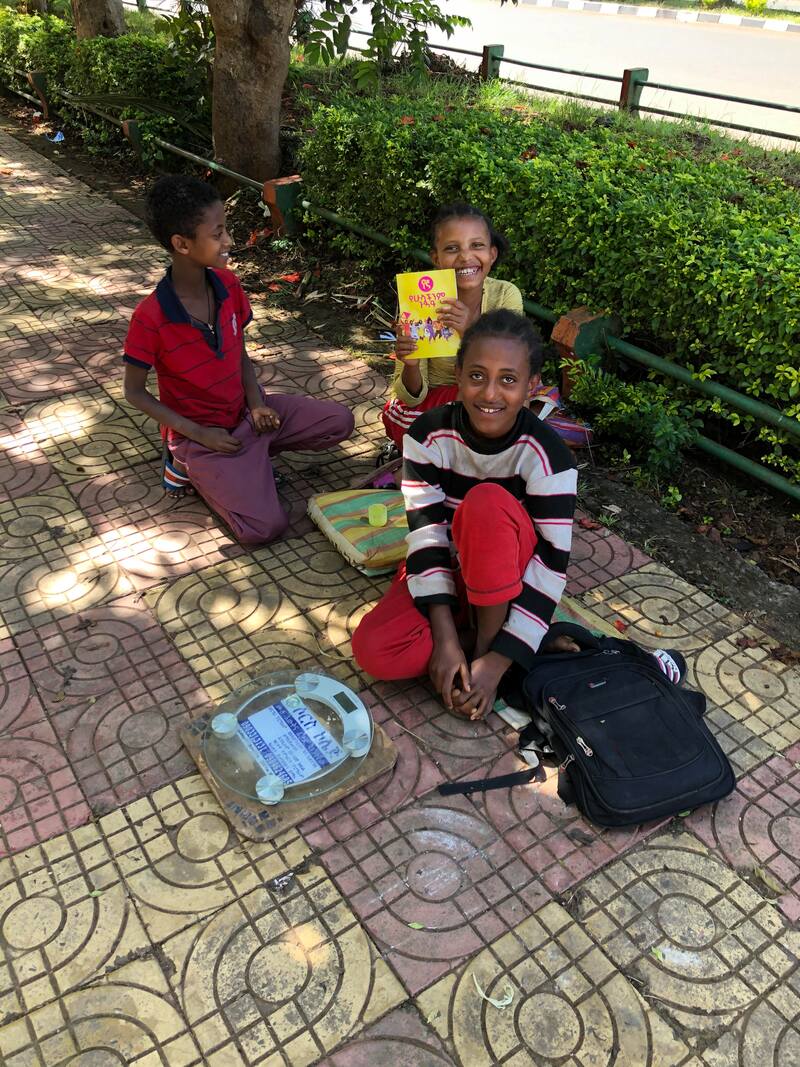
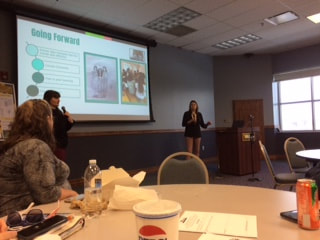
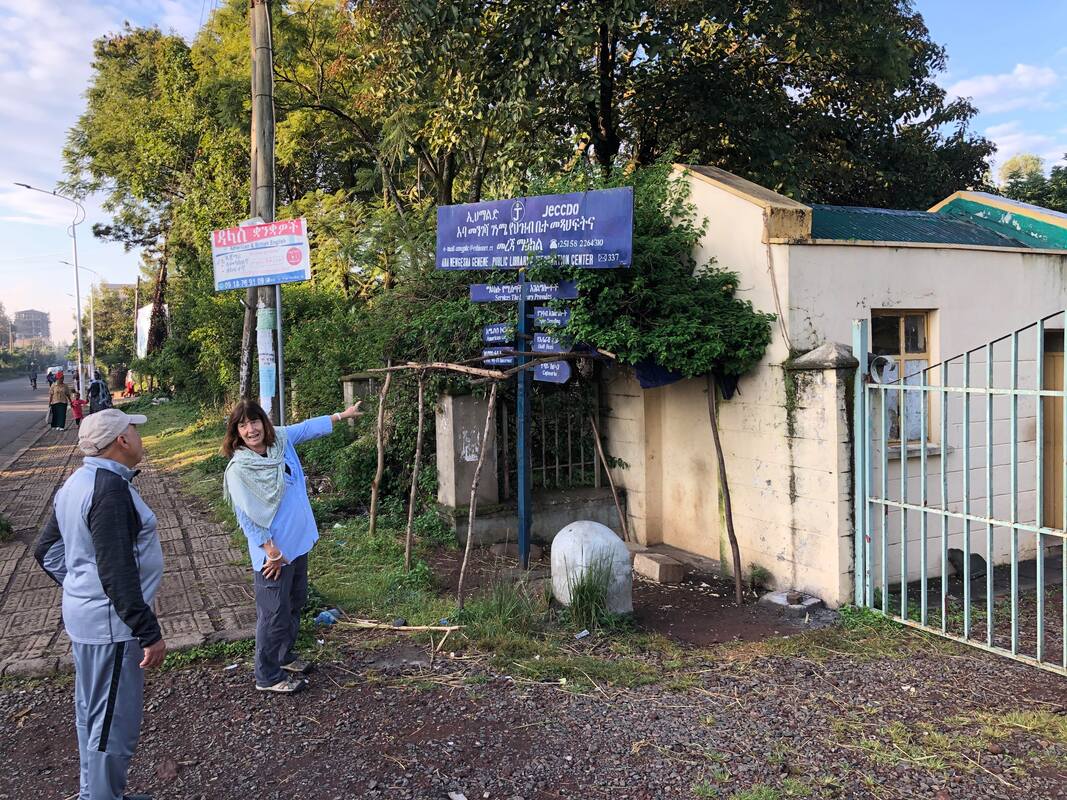


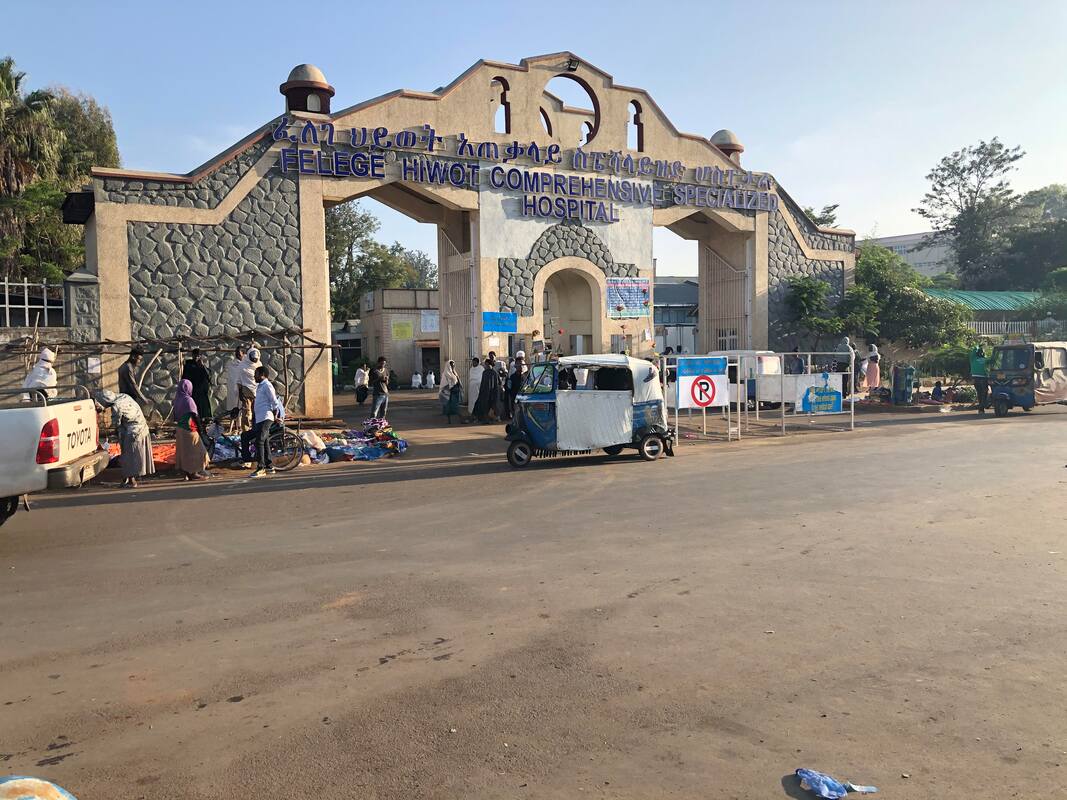
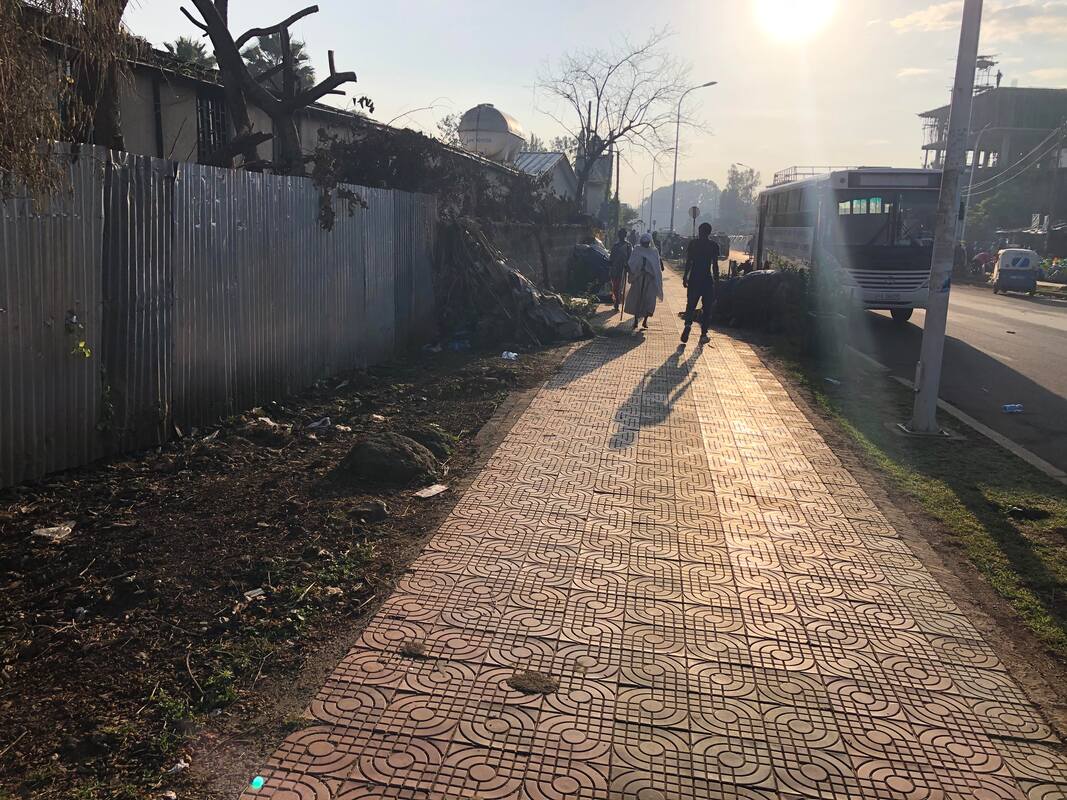
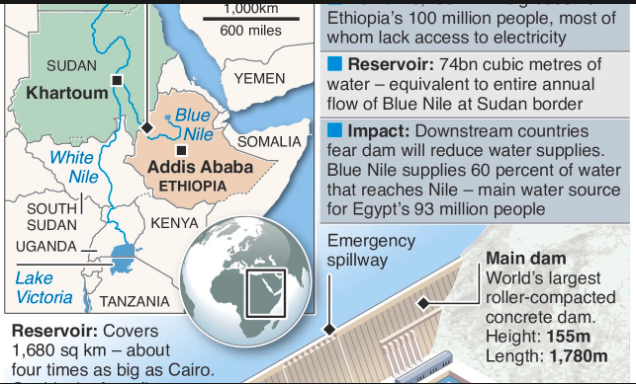
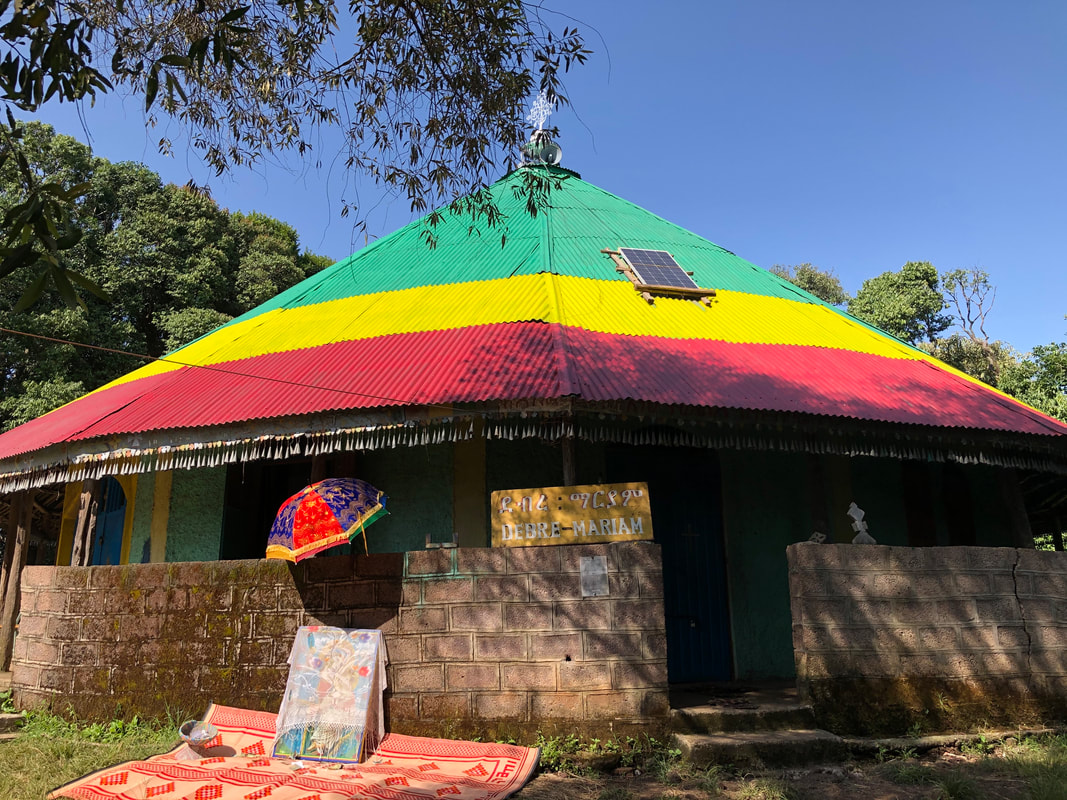

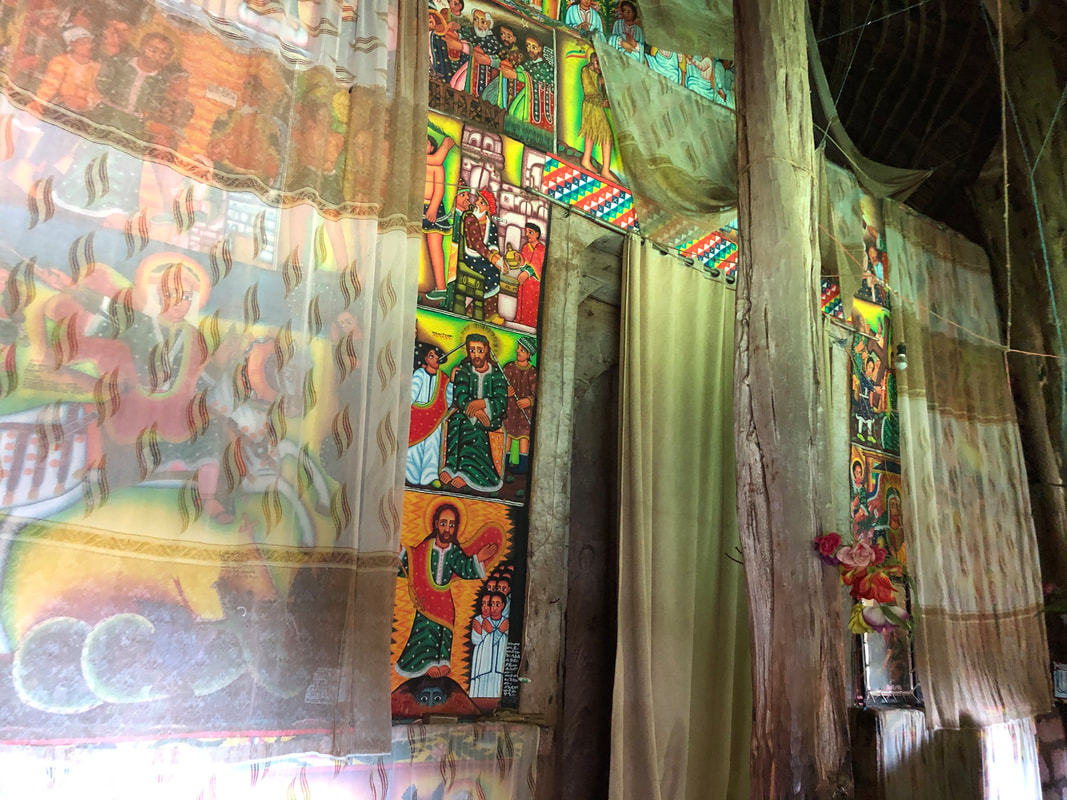
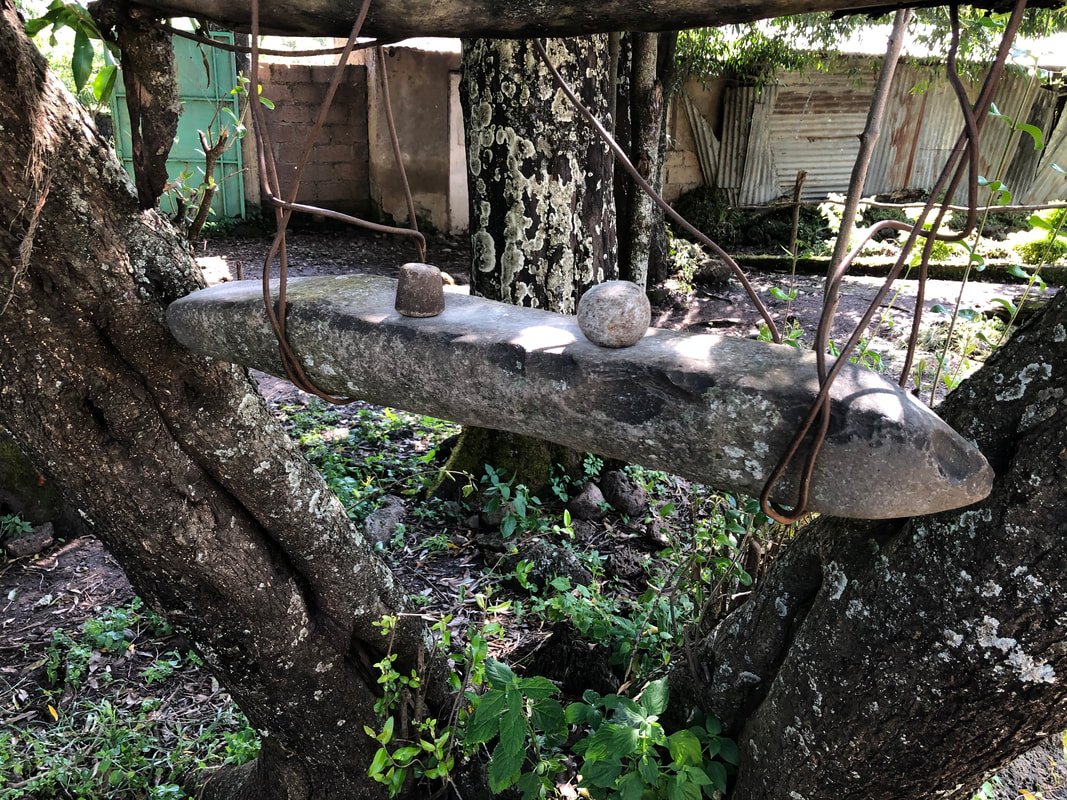
 RSS Feed
RSS Feed